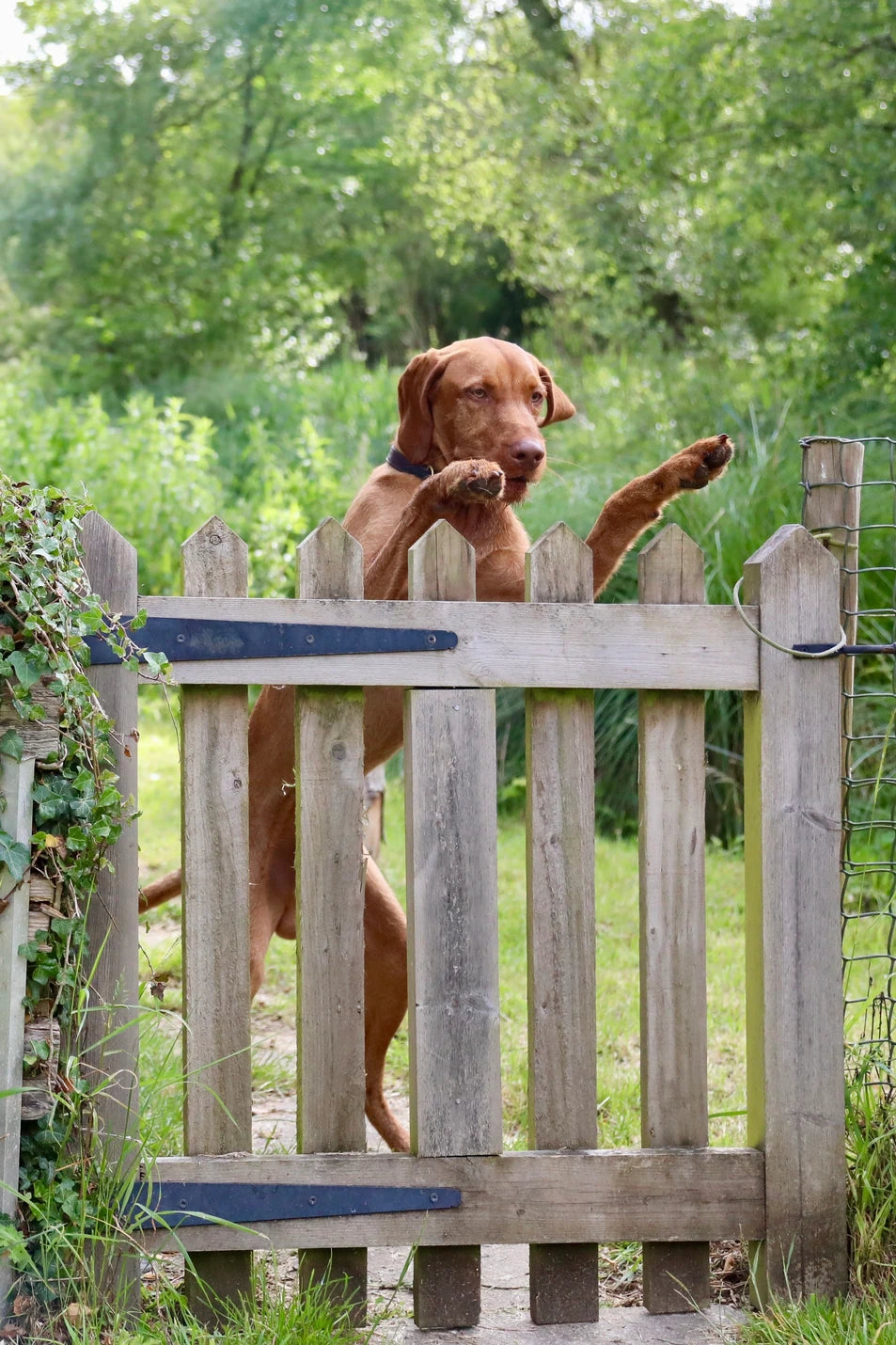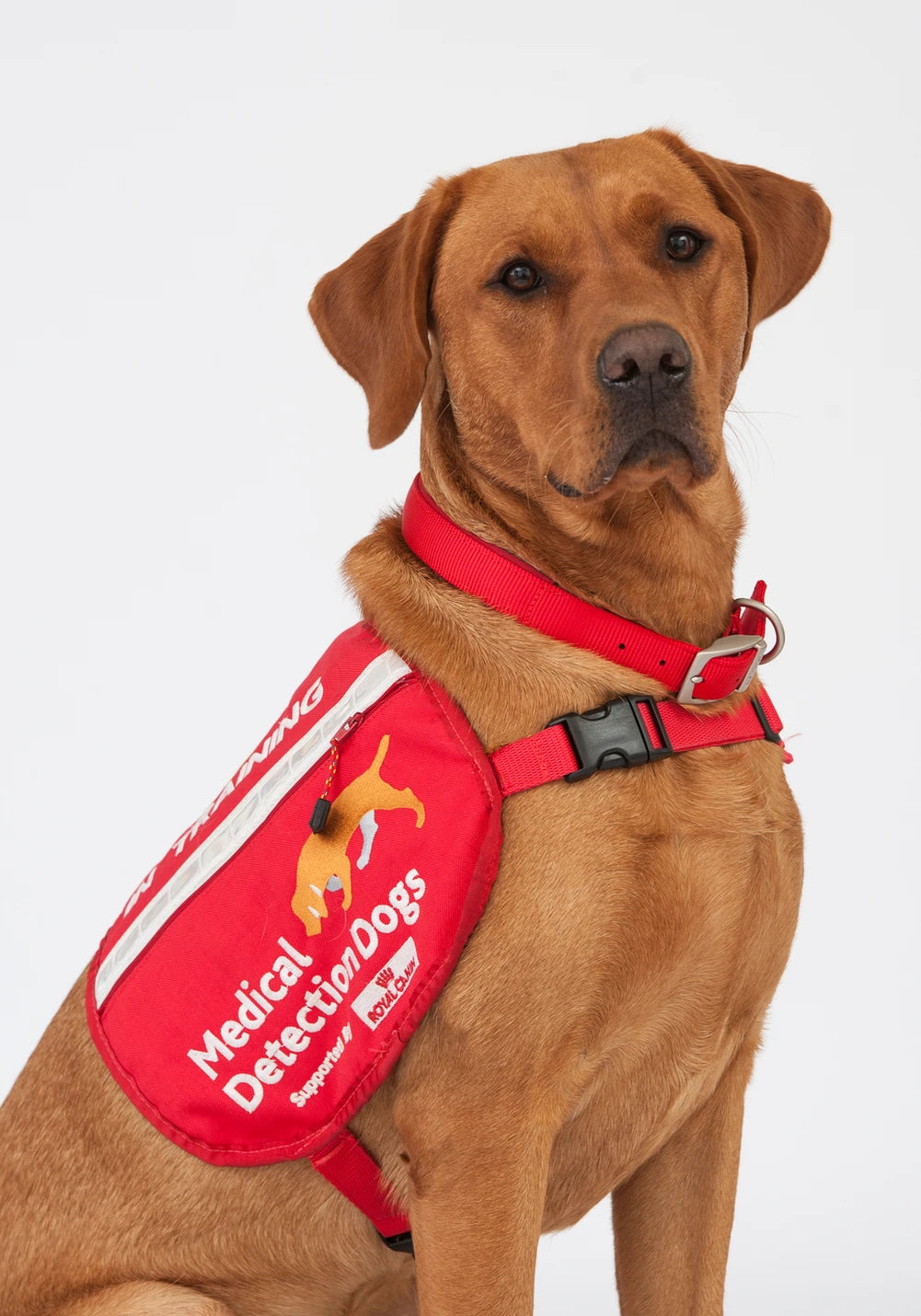The Coronavirus Pandemic
The Coronavirus pandemic is a rapidly evolving situation. At present there is no evidence that dogs can suffer with, or spread, the novel Coronavirus, Covid-19.
Have any dogs tested positive?
A 17 year old Pomeranian in Hong Kong, whose owner had Covid-19, tested ‘weakly positive’ for the virus on nasal and oral swabs. The dog, which showed no symptoms of the disease, was taken into quarantine and was returned home, to the recovered owner, once it tested negative for the virus. In quarantine the dog had blood tests to check for antibodies to Covid-19 and these tests were negative; meaning no antibodies specific to the new Coronavirus were found in its system. Two days after returning home the Pomeranian died. The owner did not want a Post Mortem performed - so the cause of death was not determined. A second dog in a Hong Kong was shown to have a ‘weak positive’ test result for Covid-19 but again showed no signs of the disease.
Testing
Idexx Laboratories have analysed thousands of canine and feline specimens during validation of a new veterinary test system for the virus and to date have had no positive results in pets. These results are in line with current expert opinion that Covid-19 is primarily transmitted human to human and therefore there is no recommendation to test dogs for the virus. If your dog presents with respiratory signs you should contact the vet and they would look for more common respiratory pathogens.
Keeping Safe
Research has shown that the virus can persist on surfaces, so, as with inanimate surfaces, the virus could well persist on dogs’ coats and be transferred by direct contact. Pet owners in Hong Kong were advised not to kiss their dog or let their pet near their faces. Maintaining good hygiene practice is always advisable, but now more than ever- making sure hands are washed regularly with warm water and soap.
Keep up to date with the most recent advice on Self Isolation and Social Distancing rules by checking PHE and NHS websites. Currently the Government advises that all households, other than key workers, must stay at home and only leave to get essential food and medication and exercise once a day. Taking this exercise as a local dog walk, whilst practising social distancing, will help to keep your dog mentally and physically stimulated.
Veterinary Practices
Current Government advice states that all non essential vet visits should be avoided and you must phone your vet to arrange a plan that best meets your dog’s needs. Veterinary practices are remaining open to focus on emergency care and urgent treatment. If your dog does need to visit the vet for urgent treatment, strict social distancing measures will need to be observed.
Vaccinations
Some people have been concerned about their dog’s vaccinations at this time and the British Veterinary Association (BVA) have issued the following statement: “Adult boosters can and must be postponed for now. The vast majority of primary vaccinations in puppies, kittens and other naïve animals should also be delayed in order to protect human health in relation to halting the spread of Covid-19.
However, we recognise there may be a small number of exceptions where vaccination may be required. For example, shelter situations, disease outbreak situations, and naïve animals in high risk geographical areas, high risk environments, or high risk breeds.
Vets will exercise their clinical judgement in the spirit of protecting human health and the government’s instruction to people to stay at home and only travel if absolutely necessary” This advice will be reviewed by the BVA as necessary.
#thereddogcompany #madeinbritain #gundog #workingdog #HPR #huntpointretrieve #dogsofinstagram #yogi #vizsla #wirehairedvizsla #gonegos #zoldmali #gundogtraining #dogtraining #luxurydogbed #coronavirusdogs #coronadogs #coviddogs #covid19dogs



